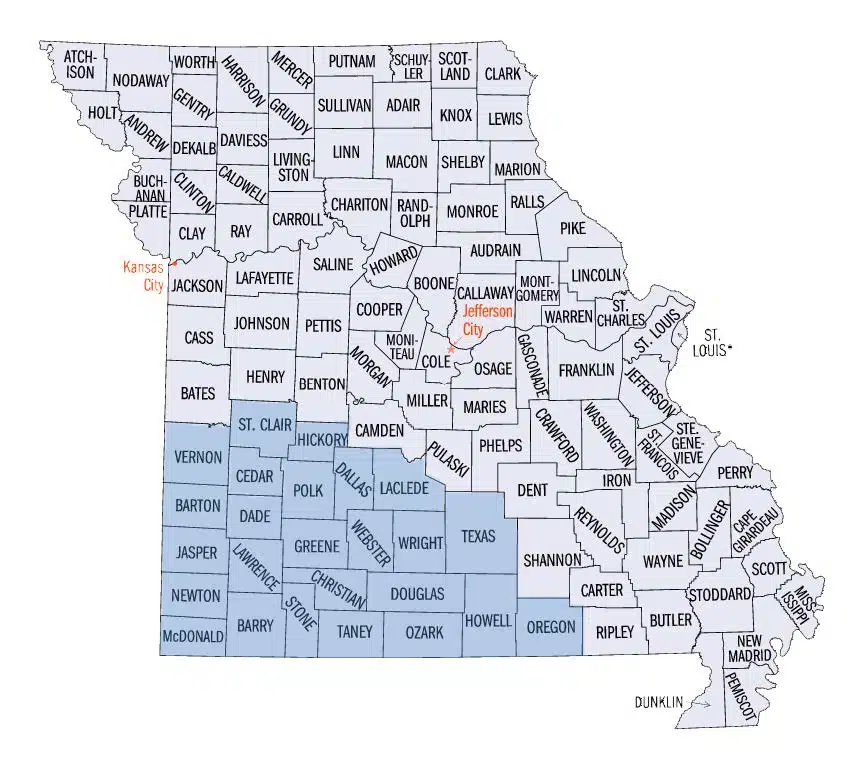Facing the end of life is a challenging journey for the individual and their loved ones. Hospice care steps in to make this journey as comfortable and dignified as possible, providing support when it’s needed most. Based in Ozark, MO, our hospice care offers compassionate services tailored to the needs of each patient and their family, ensuring they feel comforted and supported. This guide explores what hospice care entails, why it’s essential, and how it benefits both the patient and those around them.
What Is Hospice Care?
Hospice care is a special type of medical support designed for individuals approaching the end of life. Unlike traditional treatments that cure illness, hospice care focuses on comfort, quality of life, and pain management. It’s a holistic approach that addresses not only the physical needs of the patient, but also their emotional and spiritual well-being. The goal is to provide a peaceful and comforting experience, helping people live their remaining days with dignity.
Hospice care is typically available to patients with six months or less of life expectancy. However, it’s important to note that if the individual lives beyond that timeframe, they can still receive hospice services as long as they need them. Care can take place at home, in a hospice facility, or a hospital, depending on the patient’s needs and preferences.
How Does Hospice Care Differ from Traditional Medical Care?
Unlike traditional medical care, which aims to treat illnesses aggressively, hospice care emphasizes comfort and quality of life. Here’s a closer look at some distinctions:
-
Comfort over Cure
The goal is not to cure the illness but to ease its physical and emotional challenges.
-
Whole-Person Care
Hospice care looks at the patient’s well-being, including emotional and spiritual needs.
-
Support for Families
Hospice teams often support families, helping them cope and guiding them through decisions.
While transitioning from active treatment to hospice care may seem overwhelming, this change often provides relief for patients and their families. It allows them to focus on spending quality time together in a supportive environment.
What to Expect with Home Health Care in Hospice
For many families, being able to receive care at home brings a sense of comfort and familiarity that can make all the difference. Home health care allows loved ones to remain in the environment they know best, which can reduce stress and help them feel more at ease. Hospice care teams come directly to the home to keep an eye on the patient’s condition, help manage symptoms, and offer companionship. This kind of in-home support provides both medical and emotional care, which can be deeply reassuring for families who want to keep their loved ones close during such a sensitive time.
Hospice home health care is customized to fit each person’s needs, from managing pain to helping with daily tasks. Family members are encouraged to be involved in the care, and hospice staff are always available to answer questions and provide support. This close, team-based approach helps build strong bonds between caregivers, patients, and their families, making the time spent together more meaningful and comforting.
Emotional Support: An Essential Part of Hospice Care
One key component of hospice care is emotional support. Both patients and their families often experience a mix of emotions, from sadness and fear to confusion and even anger. To address these feelings, hospice teams include counselors, social workers, and even chaplains. They help patients find peace in their situation and assist family members in coping with the journey.
Hospice teams don’t just focus on the patient; they’re dedicated to ensuring families have the emotional resources they need. This support can range from regular check-ins to grief counseling, ensuring families are never alone in their experience.
Hospice Care and Pain Management
A primary role of hospice care is effective pain management. This involves addressing physical pain through medications and other treatments. Hospice caregivers specialize in managing pain so patients can be comfortable without being overly sedated. Beyond medications, they also utilize massage, aromatherapy, and relaxation techniques to help reduce discomfort. Managing symptoms and pain is a continuous process in hospice care. Caregivers constantly adjust treatment based on the patient’s needs and preferences, striving to ensure the patient remains at ease.
The Role of Families in Hospice Care
Families are an integral part of the hospice experience. Hospice care teams view family involvement as essential, recognizing that families are often patients’ closest source of comfort. Care teams work with families, teaching them how to manage care and respond to patient condition changes. This active involvement allows family members to feel more in control and connected during this time.
For many families, participating in their loved one’s care can be empowering, helping them to cherish the time left and find closure. Hospice teams provide guidance and training, which can be very comforting for families who want to be directly involved in the care process.
Conclusion
Hospice care is more than just medical treatment; it’s a compassionate support system that enhances the lives of patients and families facing the end-of-life journey. By focusing on comfort, respect, and dignity, hospice care offers a valuable option for those seeking a path that honors their loved one’s wishes. With its deep understanding of the needs of both patients and families, Haven Home Health and Hospice is committed to making this journey as comforting and supportive as possible.





